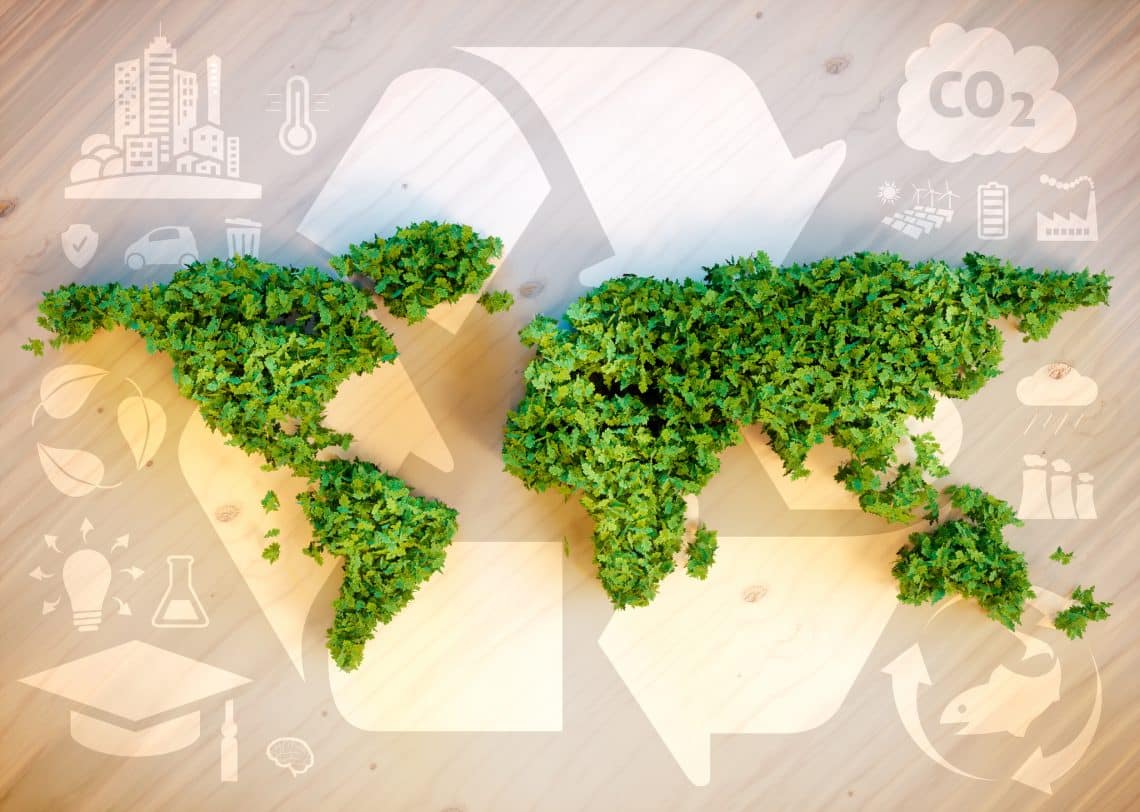Croda International Plc announced a partnership with CAMBRIDGE UNIVERSITY-backed Xampla to develop next-generation, biodegradable, microplastic-free seed coatings.
Backed by the UK government and the National Institute of Agricultural Botany, the £640,000 project trial of Xampla’s plastic-free seed coatings, will bring biodegradable replacements for seed coating polymers.
Seed coatings are used in agriculture to protect seeds from pests and diseases and increase germination, helping increase crop yield with minimal use of additional plant protection products. However, some seed coatings rely on petroleum-derived polymers, which are not fully degradable in agricultural soils. This innovative trial will see the development of microplastic-free seed coatings that are fully biodegradable.
Through its Seed Enhancement specialists Incotec, Croda has already established itself as an industry leader in microplastic-free replacements for traditional seed coatings, including sunflower, corn, and vegetable seeds. Its partnership with Xampla now paves the way for completely natural, coatings that leave no residue and disappear without trace as seeds grow.
This collaboration also takes Croda one step closer to achieving its ambition to be Land Positive, specifically enhancing the company’s focus on using crop science innovation to support crop and seed enhancement to mitigate the impact of a changing climate and land degradation.
The partnership will also help future-proof the seed coating industry, by offering a solution which is compliant with a microplastic ban across Europe, proposed by the European Chemicals Agency, which, if adopted, will be introduced by 2027.
Erik-Jan Bartels, Managing Director of the Incotec Seed Enhancement business at Croda International Plc,
“We are excited to be working with Xampla on this development. Our purpose is to use Smart science to improve lives, and this project does exactly that.
“Microplastics in agriculture in total account for 10% of the world’s microplastics problem, and within that seed coatings account for 1% but that makes it no less important to change the industry, as we have been doing now for some time.
“Seed coatings are a high-growth part of our business and we are determined that growth should come from sustainable, plant-based alternatives.”











